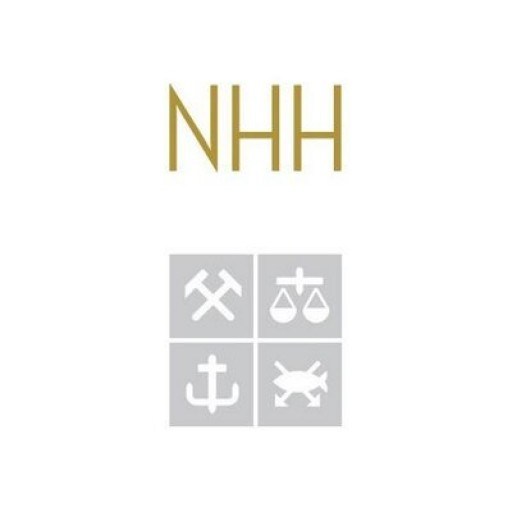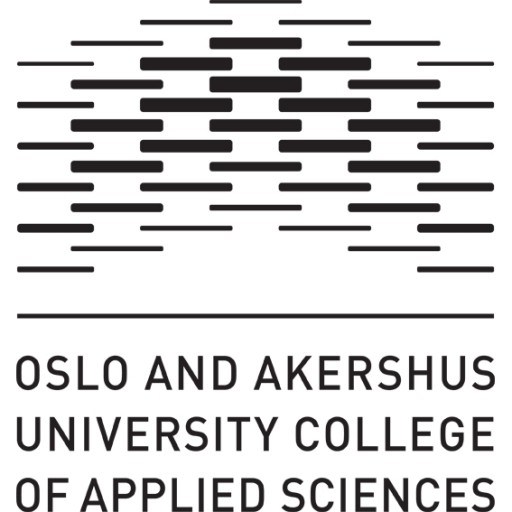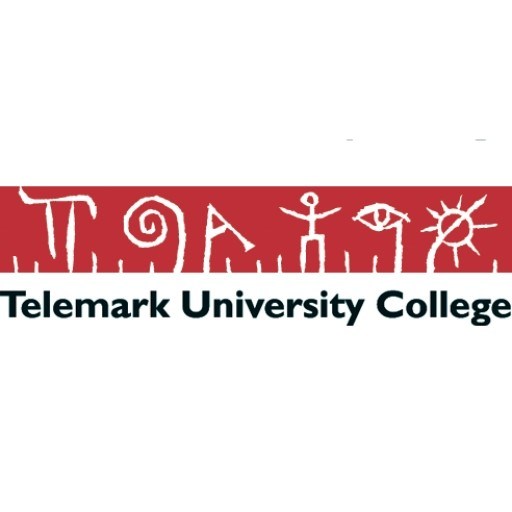The Master’s Programme in Environment and Natural Resources – Specialisation in Sustainable Water and Sanitation, Health and Development at the Norwegian University of Life Sciences offers a comprehensive education focused on addressing global water and sanitation challenges through sustainable solutions. This programme aims to prepare students to become skilled professionals capable of developing innovative strategies for managing water resources and sanitation systems in ways that promote environmental integrity, public health, and social equity. The curriculum combines theoretical knowledge with practical application, emphasizing interdisciplinary approaches to water and sanitation issues critical to sustainable development.
Students will explore a wide range of topics, including hydrology, water management, sanitation technologies, health impacts of water and sanitation, environmental policy, and socio-economic dimensions of resource management. The programme encourages critical thinking and problem-solving skills necessary to tackle complex water-related challenges faced by communities worldwide, especially in developing countries. Courses are designed to provide a deep understanding of water cycle dynamics, water quality assessment, integrated water resources management, and the design of sustainable sanitation systems.
The programme is delivered through a combination of lectures, laboratory work, field visits, projects, and collaborative research activities. Students will have opportunities to engage with real-world case studies and participate in international exchange programmes, fostering global perspectives and cross-cultural competencies. The programme also emphasizes capacity building and policy development, equipping students to contribute effectively to the formulation and implementation of water and sanitation policies at local, national, and international levels.
Graduates of this specialization will be well-prepared for careers in government agencies, international organizations, research institutions, NGOs, and private sector enterprises involved in water and sanitation projects, environmental consultancy, and public health. They will possess the technical expertise, analytical skills, and ethical understanding necessary to promote sustainable development and improve water accessibility and quality worldwide. The Norwegian University of Life Sciences is committed to fostering sustainable solutions for water and sanitation challenges, and this programme embodies that mission by blending academic excellence with practical relevance and global impact.
The Master’s programme in Environment and Natural Resources, with a specialization in Sustainable Water and Sanitation, Health and Development at the Norwegian University of Life Sciences (NMBU), offers students a comprehensive education focused on addressing some of the most pressing global challenges related to water management, sanitation, environment, and public health. This interdisciplinary programme is designed to equip students with advanced knowledge and practical skills to develop sustainable solutions for water supply and sanitation issues, particularly in developing countries, but also in developed contexts where water resource management is critical. The curriculum blends theoretical understanding with applied methodologies, emphasizing environmentally sound practices, integrated water resources management, and the social dimensions of water and sanitation services.
Throughout the programme, students explore the water cycle, water quality, and technologies used for water treatment and waste management. They will gain insights into the design, operation, and maintenance of water and sanitation systems, considering economic, social, and environmental sustainability. Particular attention is given to the role of water in health outcomes and human development, emphasizing the interconnections between clean water access, sanitation infrastructure, and overall public health improvement. The programme also covers policy development, governance, and management strategies necessary to implement effective water and sanitation interventions at local, national, and international levels.
Students will engage in case studies, fieldwork, and projects that foster a hands-on understanding of water and sanitation challenges across different contexts. Collaboration with local communities, government agencies, NGOs, and international organizations is encouraged to ensure practical relevance and to develop solutions tailored to specific needs. The programme emphasizes sustainable development goals (SDGs), especially those related to clean water and sanitation (SDG 6), health, and well-being.
Graduates from this specialization are well-prepared for professional roles in water management, environmental consultancy, public health, development agencies, and international organizations. They will have the analytical skills to assess water systems, design innovative intervention strategies, and contribute to policy formulation. The programme aims to develop highly skilled professionals committed to promoting sustainable water and sanitation solutions that improve health outcomes and support sustainable development worldwide.
Funds for the Environment and Natural Resources — Specialisation Sustainable Water and Sanitation, Health and Development master's program at the Norwegian University of Life Sciences are primarily sourced through a combination of international scholarships, government grants, university-specific financial aid, and student loans. Norwegian universities, including NMBU, often collaborate with governmental agencies, regional development funds, and international organizations to facilitate financial support for both Norwegian and international students.
International students admitted to this program may be eligible for various scholarship opportunities, such as the Norwegian Government Scholarship, which is aimed at students from developing countries and emphasizes sustainable development initiatives. Additionally, the Norwegian Agency for International Cooperation and Quality Enhancement in Higher Education (DIKU) occasionally offers funding that supports students pursuing environmental and development studies, especially those focusing on water and sanitation projects in developing regions.
The university also provides its own financial aid options, including tuition fee waivers and scholarships targeted at highly qualified students demonstrating research potential and commitment to sustainable development goals. For students from within Norway and the European Economic Area (EEA), government student loans and grants are accessible through the Norwegian State Educational Loan Fund (Lånekassen), which supports education costs and living expenses.
Apart from scholarships and loans, students are encouraged to seek external funding through internships, project grants, and partner organizations involved in international development initiatives. Universities often offer job opportunities, assistantships, or part-time work within the institution that can help cover living expenses.
The program's emphasis on sustainable water and sanitation development aligns with international funding priorities, making it a potentially attractive candidate for donors and development agencies interested in funding capacity building and research projects in related fields. Overall, the financing landscape for this master’s program combines a diverse array of funding sources aimed at fostering educational excellence and supporting students committed to sustainable environment and development initiatives globally.
The Master of Science in Environment and Natural Resources — Specialisation Sustainable Water and Sanitation, Health and Development at the Norwegian University of Life Sciences is a comprehensive programme designed to address critical global challenges related to water resources, sanitation, health, and sustainable development. This programme aims to equip students with the necessary knowledge, skills, and practical experience to develop innovative solutions for improving water and sanitation services, especially in low-income and developing countries. The curriculum integrates scientific and technical aspects of water management with socio-economic, political, and policy considerations, emphasizing sustainable practices that benefit communities and ecosystems.
Students will explore topics such as water quality management, wastewater treatment, sanitation technologies, public health implications of water and sanitation, environmental policy, and international development strategies. The programme emphasizes an interdisciplinary approach, combining engineering, environmental sciences, social sciences, and health perspectives to provide a holistic understanding of water and sanitation challenges. Through a combination of coursework, fieldwork, and research projects, students gain practical experience working with local communities, governmental agencies, and international organizations.
The institution collaborates with relevant stakeholders globally to ensure the programme remains aligned with current needs and practices. Graduates of this specialisation are prepared for careers in development cooperation, governmental agencies, NGOs, research institutions, and the private sector, working on projects aiming to improve water accessibility, sanitation infrastructure, and health outcomes. The programme also fosters critical thinking, problem-solving, and project management skills, essential for designing and implementing sustainable water and sanitation solutions in diverse contexts.
Admission requirements typically include a relevant bachelor's degree in environmental sciences, engineering, public health, or similar fields, along with language proficiency in English. The programme duration is generally two years, leading to a master's degree. Upon graduation, students are well-positioned to contribute to global efforts in achieving Sustainable Development Goals related to clean water and sanitation, health, and sustainable communities. The Norwegian University of Life Sciences emphasizes sustainability, innovation, and international collaboration, making this programme a prominent choice for students committed to making a positive impact on global health and environmental sustainability.





